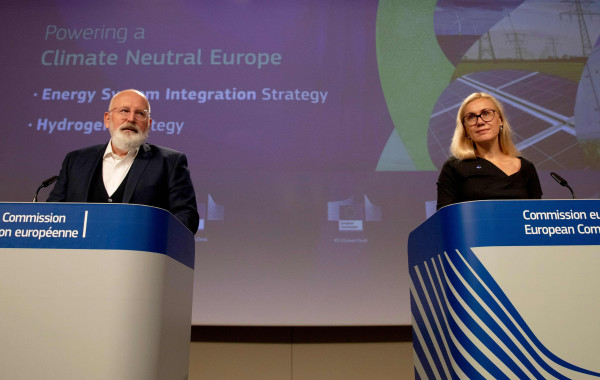With over £24 trillion in assets globally, an increase of 34 per cent in just two years, it is unsurprising that Environmental, Social and Governance-linked (ESG) investment strategies continue to dominate financial headlines.
However, there remains a lack of clarity around how investors can benefit from more conscientious investing.
Key terms
ESG is a set of standards seeking to reduce negligent corporate behaviour that may lead to environmental degradation, armament sales, human rights violations, racial or sexual discrimination, harmful substances production, worker exploitation and corruption, though this list is by no means exhaustive and remains disputed.
Socially Responsible Investment (SRI) generally focuses on excluding ‘sin-stocks’ from the investment pool based on negative screening guidelines.
This results in the selection of companies with strong SRI characteristics, such as those that have a positive influence on society or the environment.
One of the objectives of the screening process is to positively influence corporate behaviour and drive change.
Thematic investing is unconstrained by traditional geographic and sector demarcations focusing instead on top-down systemic shifts.
By this definition, within ESG, investors can apply capital to a variety of niche themes however broad or niche.
Impact investing positively screens candidates on their ability to generate favourable influence on society and the environment, minimise any detriment and generate positive returns.

A combination of public awareness, regulation and the imminent generational transfer of wealth are factors explaining the increase in demand.
Reasons for investing responsibly
Many investors recognise that long-term stable and sustainable investment returns depend on well governed social and environmental systems.
Companies that incorporate ESG risk management are better long-term custodians of investor capital, offer greater downside protection and can generate better long-term risk adjusted returns.
Initiatives and organisations looking to driving change
The United Nations Global Compact (UNGC) Principles.
Corporate sustainability creates long-term stakeholder value by means of a principles-based approach to business.
Commercial operations, at the very least, should meet fundamental standards in key areas of human rights, labour, environment and anti-corruption.
Effective integration of the UN's 10 Global Compact Principles, in addition to a culture of integrity, paves the way for long-term success.
The 10 Global Compact Principles are:
Human rights
1) Businesses should support and respect the protection of internationally proclaimed human rights and;
2) Make sure that they are not complicit in human rights abuses
Labour
3) Businesses should uphold the freedom of association and the effective recognition of the right to collective bargaining;
4) The elimination of all forms of forced and compulsory labour;
5) The effective abolition of child labour; and
6) The elimination of discrimination in respect of employment and occupation.
Environment
7) Businesses should support a precautionary approach to environmental challenges;











